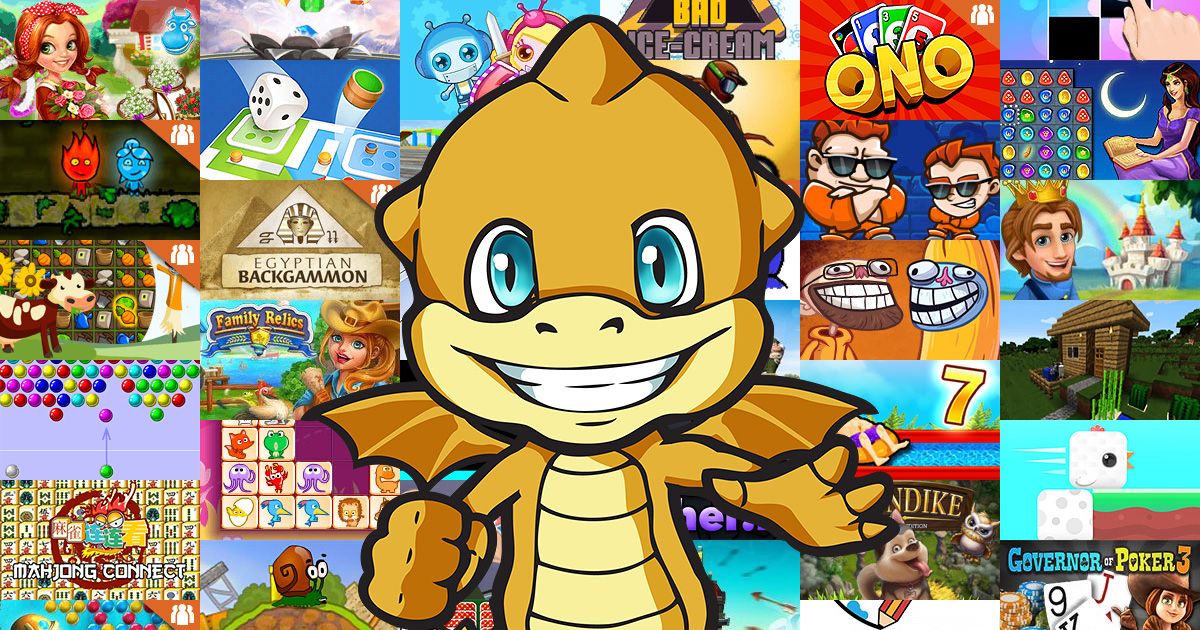
Introduction
Neil Druckmann is a prominent figure in the video game industry, best known for his roles as a writer and creative director at Naughty Dog. His contributions, particularly to critically acclaimed titles such as The Last of Us and Uncharted, have not only shaped the narratives of these games but also established new standards for storytelling in the medium. With an ever-growing fanbase and continued relevance in discussions surrounding gaming, Druckmann’s work warrants a closer look.
Career Milestones
Druckmann joined Naughty Dog in 2004 and made his debut as a game designer on Jak 3. However, his breakout role came with the creation of The Last of Us, released in 2013. The game was lauded for its poignant storytelling and complex characters, earning numerous Game of the Year awards. Druckmann’s ability to evoke emotional depth through the medium of gaming captured the attention of both players and critics alike.
Following the success of The Last of Us, Druckmann went on to co-direct its sequel, The Last of Us Part II, which was released in 2020. This title sparked intense discussions about its themes of revenge and morality, showcasing how video games can tackle complex narratives typically reserved for films and literature.
Recent Developments
As of 2023, Druckmann continues to influence the gaming landscape, not just through sequels and adaptations but also with expansions into television and film. The HBO adaptation of The Last of Us has been highly anticipated, with Druckmann serving as an executive producer, ensuring that the core essence of the gaming experience translates effectively to a new medium. The series has already generated buzz with its commitment to authenticity and storytelling.
Conclusion
Neil Druckmann’s influence on the gaming industry is undeniable. His narrative-driven approach has set a benchmark for how stories can be told in video games. As he continues to explore innovative ways to engage audiences, his projects are likely to shape the future of interactive storytelling. Readers and fans alike should expect that Druckmann’s works will not only entertain but also provoke thought and conversation, sparking a deeper appreciation for video games as a form of art.
You may also like

The Enduring Legacy of Silent Hill in Horror Gaming

The Evolution of Games: Trends and Future in 2023

Exploring Skate Story on PlayStation Plus
SEARCH
LAST NEWS
- Remembering Wendy Richard: The Promise to Co-Star Natalie Cassidy
- How Did Anglian Water Achieve an ‘Essentials’ Rating for Mental Health Accessibility?
- Shai Hope Leads West Indies in T20 World Cup Clash Against South Africa
- What We Know About Weston McKennie: Future at Juventus and Past at Leeds
- What We Know About the Upcoming Live Nation Antitrust Trial